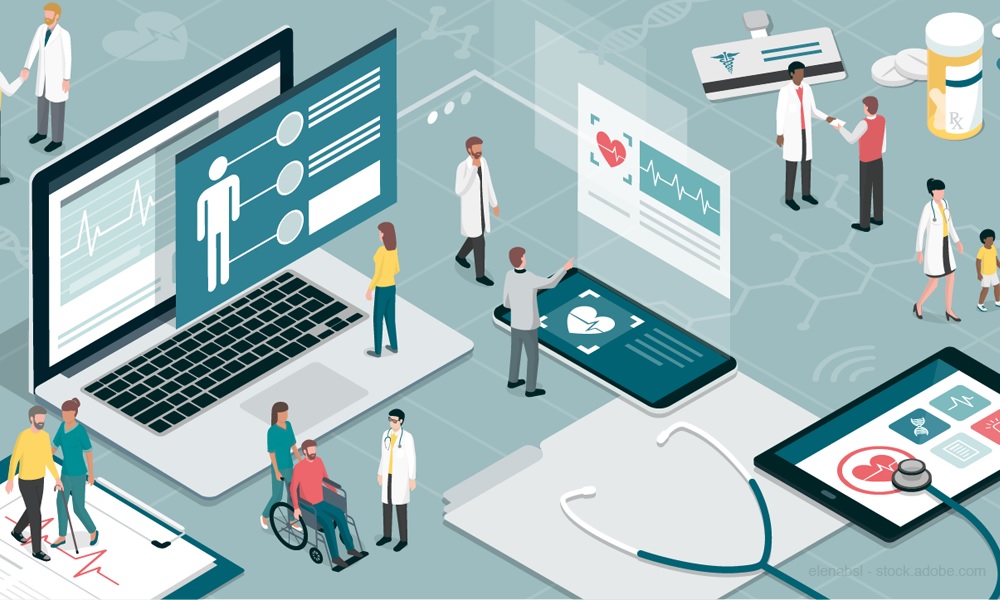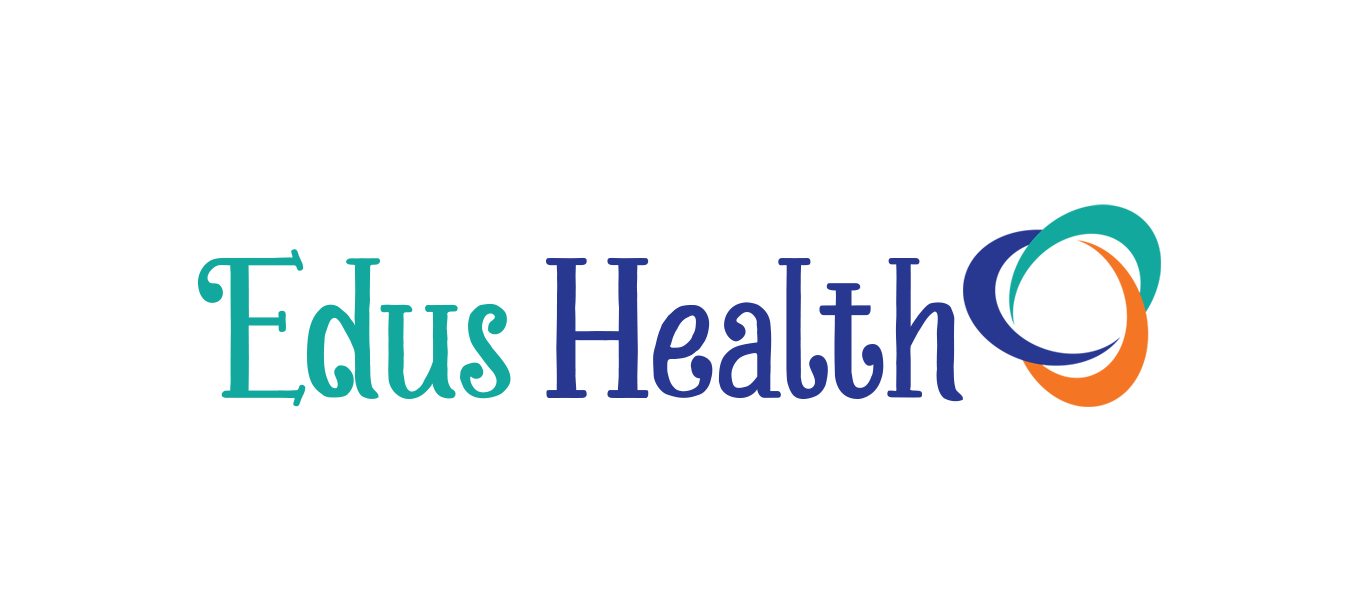
The Future of Healthcare: How Technology is Transforming How We Receive Care
Advancements in technology have revolutionized numerous industries, and healthcare is no exception. From cutting-edge medical devices to innovative software solutions, technology transforms how we receive care. Integrating technology in healthcare brings numerous benefits, such as improved patient outcomes, enhanced efficiency, and increased accessibility. In this blog, we will explore the future of healthcare and the transformative role of technology. We will discuss how doctors marketing can help promote these advancements and ensure widespread adoption.
Telemedicine:
Redefining Healthcare Delivery Telemedicine has gained significant popularity, particularly in recent years. With the help of health tech companies, patients can now connect with healthcare professionals remotely, eliminating the need for in-person visits. Telemedicine enables patients to receive medical advice, diagnoses, and even prescriptions through secure video consultations. This technology enhances accessibility, especially for individuals in rural areas or those with mobility issues. Doctors marketing telemedicine services can raise awareness and encourage patients to embrace this convenient and cost-effective healthcare delivery method.
Internet of Things (IoT):
Empowering Connected HealthcareHealthcare is being transformed by the Internet of Things (IoT), which connects different devices and systems to enhance patient care. Wearables and smart medical devices are examples of IoT devices that collect real-time data and transmit it to healthcare providers. This data enables doctors to monitor patients remotely, detect anomalies, and intervene proactively. IoT technology promotes preventive care, as wearable devices can track vital signs and provide personalized health recommendations. Doctors marketing IoT-enabled devices can help patients understand the value of data-driven healthcare and encourage them to adopt these innovative solutions.
Artificial Intelligence (AI):
Enhancing Diagnostics and Treatment, AI is revolutionizing healthcare by empowering doctors with advanced diagnostic tools and treatment recommendations. Machine learning algorithms analyze vast amounts of patient data, helping doctors make accurate diagnoses, predict disease progression, and personalize treatment plans. AI-powered solutions are also streamlining administrative tasks, reducing errors, and improving efficiency in healthcare settings. Doctors marketing AI-driven solutions can emphasize the benefits of enhanced accuracy, reduced costs, and improved patient outcomes, leading to widespread adoption across the healthcare industry.
Precision Medicine:
Personalized Healthcare Approaches The rise of technology has facilitated the development of precision medicine, an approach that tailors medical treatments to individual patients based on their unique characteristics. Genetic testing, advanced imaging techniques, and data analytics enable doctors to identify specific patient subgroups, predict treatment responses, and optimize therapies accordingly. Doctors marketing precision medicine can educate patients about the benefits of personalized healthcare, highlighting how these advancements lead to more effective treatments, reduced side effects, and improved quality of life.
Blockchain:
Securing Health Data and Enhancing Interoperability Blockchain technology is transforming healthcare by providing secure and transparent storage of patient data. By utilizing a decentralized and tamper-proof system, blockchain enhances data security, protects patient privacy, and ensures interoperability among healthcare providers. Doctors marketing blockchain solutions can assure patients that their medical information is secure, fostering trust and encouraging them to actively participate in their healthcare journey.
Conclusion:
The future of healthcare is intertwined with technology, offering numerous benefits to patients and healthcare providers alike. Technology is changing the healthcare industry in many ways, including through telemedicine, IoT, AI, precision medicine, and blockchain. Doctors marketing plays a crucial role in promoting these advancements, creating awareness, and encouraging patients to embrace these innovative solutions. By embracing technology-driven healthcare approaches, we can improve patient outcomes, enhance accessibility, and create a more efficient and patient-centric healthcare system.
FAQs:
Q1: How can doctors marketing promote the adoption of telemedicine? A1: Doctors marketing can raise awareness about the benefits of telemedicine, such as convenient access to healthcare, reduced travel time and costs, and improved efficiency. Through educational campaigns, testimonials, and patient success stories, doctors can encourage patients to embrace telemedicine and experience the convenience and quality of remote healthcare delivery.
Q2: What are the advantages of using AI in healthcare?
A2: AI enhances healthcare by improving diagnostics accuracy, optimizing treatment plans, streamlining administrative tasks, and enabling personalized care. Doctors marketing AI-driven solutions can highlight the benefits of increased accuracy, reduced costs, improved efficiency, and enhanced patient outcomes.
Q3: How does precision medicine benefit patients?
A3. Precision medicine allows doctors to customize medical treatments for each patient according to their individual characteristics. This approach leads to more effective treatments, reduced side effects, and improved patient outcomes. Doctors marketing precision medicine can educate patients about personalized healthcare, emphasizing how these advancements improve treatment efficacy and patient satisfaction.
Q4: How does blockchain technology enhance healthcare data security?
A4: Blockchain technology ensures secure storage and sharing of patient data, protecting it from unauthorized access or tampering. Doctors marketing blockchain solutions can reassure patients that their medical information is secure and emphasize the importance of data privacy and interoperability in healthcare.
